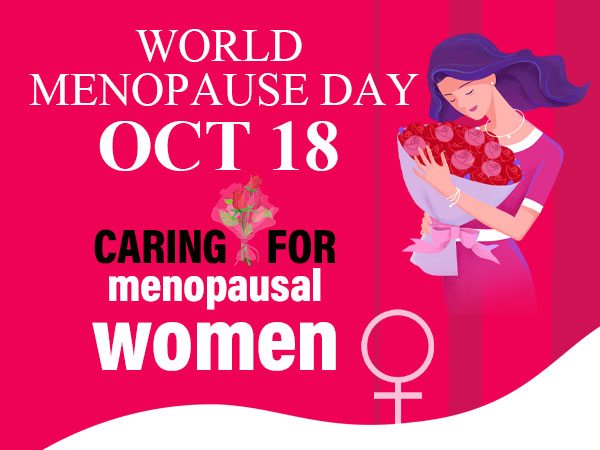Caring for menopausal women

Introduction for the Gynecological Endocrinology Department
In 1989, the Chongqing Health Center for Women and Children (CQHCWC) pioneered the establishment of the Gynecological Endocrinology Department (originally the Reproductive Endocrinology Department) in Chongqing. Since then, the department has carried out the diagnosis and treatment of diseases related to menopause, such as abnormal uterine bleeding in perimenopause, menopausal syndrome, osteoporosis, urogenital atrophy, etc.
CQHCWC established a menopause outpatient clinic in 2012 to standardize climacteric healthcare work, start the evaluation and examination of climacteric women receiving hormone therapy, begin the project management of sex hormones, and carry out regular follow-up evaluations. At present, the longest follow-up period has reached eight years.
In 2016, CQHCWC established a specialist department for climacteric healthcare. In addition to the project management of menopausal women treated with sex hormones, CQHCWC also established health files for menopausal women. The services included education for menopausal women, screening and treatment of gynecological diseases, nutrition and weight management, psychological healthcare and regular follow-up evaluations.
In October 2018, CQHCWC received the title of "Chongqing key specialist department for climacteric women's healthcare". Managed by the specialist department as a whole and with coordination from the Urogynecology Department, the Treatment Center for Cervical Disease, Breast Surgery Department, Psychological Department, Nutrition Department and Traditional Chinese Medicine Department, a collaborative team was formed and a comprehensive, standardized, systematic, continuous, individualized, one-stop service mechanism was established.
Department services:
1. Develop a one-stop service process to provide health screening and evaluation for menopausal women, including physical examination, specialist examination and laboratory examination to screen and evaluate menopausal syndrome, common tumors, common chronic diseases, psychological disorders, nutritional problems, etc.
2. Multidisciplinary referral and treatment for high-risk factors and diseases identified by screening.
3. Master the main health problems, diseases and influencing factors of menopausal women in the jurisdiction, regularly carry out health education on common problems (such as psychological stress, nutritional issues, sports and sexual healthcare) of menopausal women, and improve the self-health awareness of menopausal women.
4. Training and academic exchange activities are carried out for medical staff members in Chongqing and surrounding areas. Also, technologies for menopausal healthcare are promoted, and technical guidance for menopausal healthcare services is provided for lower-level and grass-root medical institutions.

 CQHCWC: Nurture healthier futures for children
CQHCWC: Nurture healthier futures for children How to help children develop healthy eating habits
How to help children develop healthy eating habits Wechat
Wechat Weibo
Weibo